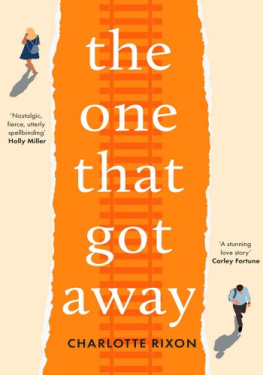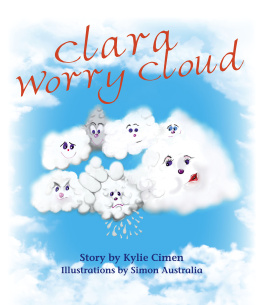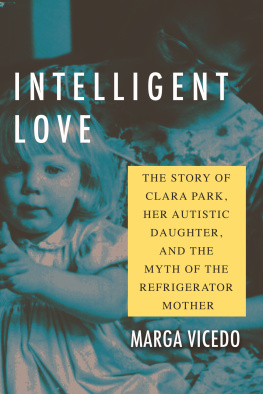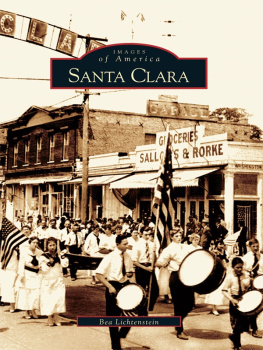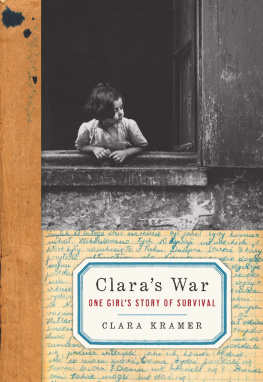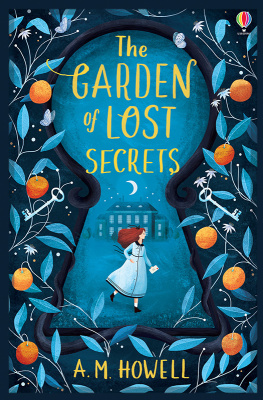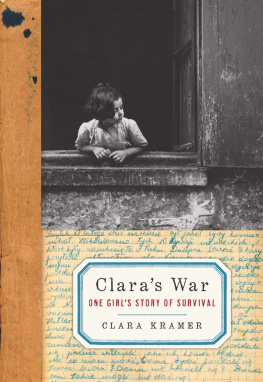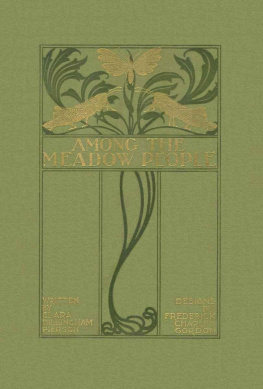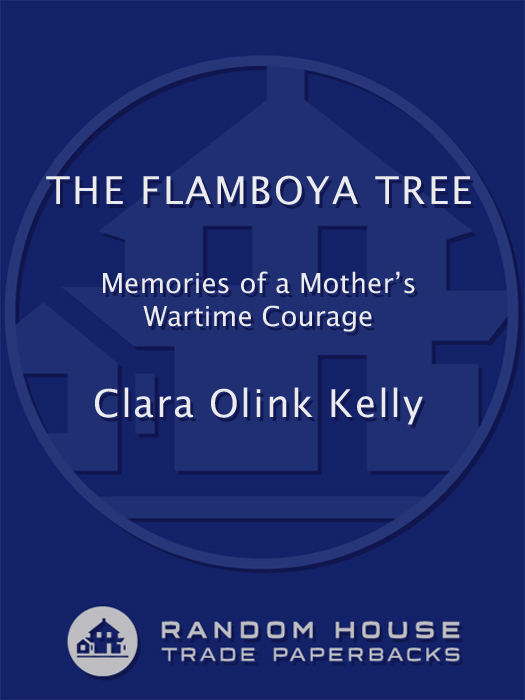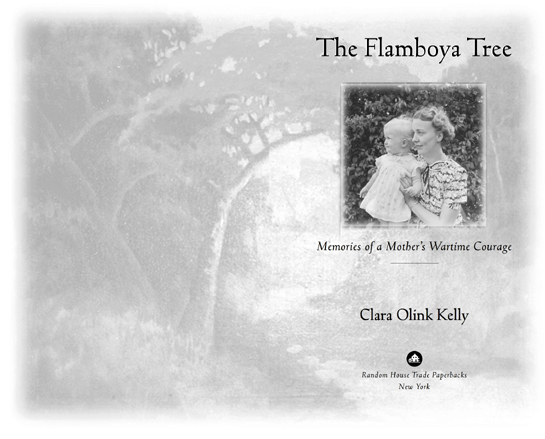Praise for
The Flamboya Tree
The Flamboya Tree is that rare treasurea memoir so powerful and vivid that it draws the past into the present and makes us all historys creatures.
A MANDA F OREMAN ,author of
Georgiana, Duchess of Devonshire
Sometimes the history of war hides its best stories, its fine, quiet stories. The Flamboya Tree is such a story, with some kinship to Nicholas Gages Eleni, and, in the same extraordinary way, about the triumph of love and compassion and decency.
A LAN F URST ,
author ofBlood of Victory
Surefooted and bighearted, Kellys narrative offers testimony to the sustaining power of dignity and courage in the face of impossible circumstance.
B ETH K EPHART ,
author of A Slant of Sun
The Flamboya Tree is a touching story of how a mothers love saved a family of three defenseless children trapped in a brutal Japanese death camp. As Clara Kelly honors her mothers memory, we are reminded that not all the heroes of World War II faced the bullets of the battlefield.
J AMES B RADLEY , author of Flags of Our Fathers
Simply told, deeply felt, Kellys The Flamboya Tree shows us that adversity can transform our lives into courageous, life-affirming works of art.
G WYN H YMAN R UBIO ,
author of Icy Sparks
Nothing illustrates wartime suffering and sacrifices more poignantly than a childs voice. Clara Kelly has done a wonderful job capturing the depravity of the Java prison camps and the courage of interned mothers trying to keep their young children alive and humane. The Flamboya Tree is a fascinating story that will leave the reader informed about a missing piece of the World War II experience, and in awe of one familys survival.
E LIZABETH N ORMAN ,
author of We Band of Angels: The Untold Story
of American Nurses Trapped on Bataan by the Japanese
2003 Random House Trade Paperback Edition
Copyright 2002 by Clara Olink Kelly
All rights reserved under International and Pan-American
Copyright Conventions. Published in the United States by
Random House Trade Paperbacks, a division of
Random House, Inc., New York, and simultaneously in Canada by
Random House of Canada Limited, Toronto.
R ANDOM H OUSE T RADE P APERBACKS and colophon are trademarks
of Random House, Inc.
This work was originally published in hardcover in the
United States by Random House, Inc., in 2002.
Grateful acknowledgment is made to Inspiration House
Publishers for permission to reprint Sing with the Wind by
Winston O. Abbott, ISBN 0-918114-01-2. Reprinted by permission
of Inspiration House Publishers, South Windsor, CT 06074.
Library of Congress Cataloging-in-Publication Data
Kelly, Clara Olink.
The flamboya tree : memories of a mothers wartime courage /
Clara Olink Kelly.
p. cm.
eISBN: 978-1-58836-150-9
1. Kelly, Clara Olink. 2. Olink, Clara, 19131970. 3. World
War, 19391945Personal narratives, Dutch. 4. World War,
19391945Prisoners and prisons, Japanese. 5. World War,
19391945Concentration campsIndonesia. 6. Prisoners of
warIndonesiaBiography. 7. World War, 19391945
Atrocities. I. Title.
D811.5.K447 2002
940.531759820922492dc21 2001041906
[B]
Random House website address: www.atrandom.com
v3.1
It is not easy to remember
that in the fading light of day
the shadows always point toward
the dawn.
Let
me
remember
beyond forgetting
let
me
remember
Winston O. Abbott
Contents
Introduction
It is a well-known fact that war, any war, is senseless and degrading. When innocent people are brought into that war because they happen to be in the wrong place at the wrong time, it becomes incomprehensible. Java, 1942, was such a place and time, and we were those innocent people.

As part of its strategy to become the largest and most important empire in the world, Japan had successfully seized Manchuria from China and now sought control of North China and Mongolia to protect Manchuria. However, China was not about to relinquish any more territory to Japan and was willing to fight till the bitter end. Therefore, Japan had to ensure that no reinforcements or supplies could enter China from the outside world. In order to do this, Japan had to control all the islands of the South Pacific and the Dutch East Indies, which included Java. These were islands rich in natural resources and, most important, oil. Japan was in need of these precious commodities. Since the United States was cutting off all supplies of oil, Japan realized that control of the islands was absolutely imperative to the success of the Imperial Empire. Invasion was inevitable.
Unfortunately, the Japanese fleets, both on the sea and in the air, were too large and too well trained for the Dutch to be able to defend their islands for very long. Once the Japanese had invaded, escape was impossible.
While the war in the South Pacific and the Dutch East Indies was escalating, so, too, was Hitlers war in Europe. The United States had hoped that diplomatic measures with Japan could avert further problems, but talks broke down when Japan attacked Pearl Harbor. America entered the war, and World War II became a reality.

The beautiful life on these islands filled with flowers, fruits, lush vegetation, and soft-spoken, gentle people was suddenly transformed into a life of indescribable horror over which none of us had control.
Once the Japanese had invaded the islands, they had to make sure the citizens, who included Dutch, British, New Zealanders, and Australians, would not hinder them in any way. They chose to capture and imprison close to eighty-five thousand citizens living on the island of Java by incarcerating them in concentration camps. Whole sections of towns and villages were surrounded by fences of barbwire, guarded and patrolled day and night by Japanese soldiers.
The men and teenage boys were taken away to labor camps. Many, including my father, were forced to work on the Burma railroad and deep inside the sweltering jungles. This was the railroad that lead to the bridge on the river Kwai, where so many prisoners died due to the extreme cruelties and hardships they suffered at the hands of the Japanese. My father, for one, would never talk about the violence except to explain that he was so severely beaten around the head that he lost part of his hearing.
The women and children were crowded into the concentration camps. At first there were sixty to seventy people in a single home. Those numbers would double by the end of the war. Tens of thousands of women and children were forced to endure a life no one could have imagined: stress and sickness from overcrowding, filth, and extreme malnutrition. This was the life my family had to bear for almost four years.
We had the misfortune of being placed in Kamp Tjideng, notoriously the worst camp among all the womens camps. The number of prisoners here totaled ten thousand for the first year or so and was gradually increased as time went on. Not only were more and more prisoners brought into camp, but space and houses were also taken away as the barbwire fences tightened into an ever-decreasing circle, adding to the already overstressed situation. Cruel and inhumane treatment in this camp, instigated by the sadistic Lieutenant Sonei, the camp commandant, was a daily routine. Worse than that, however, was the knowledge that you were slowly and methodically being starved to death at the will of the Japanese, because in their eyes your life was worthless. I can imagine no worse nightmare for a young mother, my mother, than the realization that her three small children may die because food is being withheld through no fault of their own. What terrible anguish she must have felt, knowing that her childrens lives depended entirely on her, and yet she, as the mother, was unable to help them because she herself was at the mercy of her captors.


